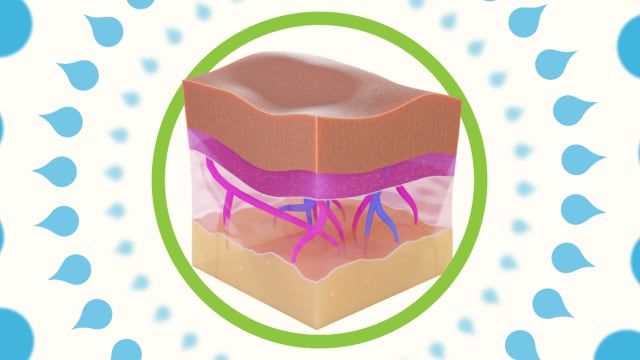Introducing You to Your DNA

- Health at Bayer
-
Pharmaceuticals
- Treatment Areas
- Innovation & Technologies
- Cell and Gene Therapy
-
Sustainability
- Patient Access Charter
- Leadership Perspective
- Strengthening Healthcare Access
- Moving Non-Communicable Diseases Care Forward
- Ensuring a Sustainable Product Supply
- Delivering Better Cancer Care
-
Empowering Women, Globally
- Boosting Family Planning Usage through Digital Channels
- Capacity building: Addressing Root Causes through Partnerships
- Impact at Scale: The Challenge Initiative
- Promoting Awareness: World Contraception Day (WCD) & the Your Life Campaign
- Providing Accessible and Affordable Contraceptives
- Enabling Family Planning in Humanitarian Settings
- Fighting Neglected Tropical Diseases
- Transparency
- News & Stories
- Personal Health
- Report a Side Effect
- Medical Counterfeits
There are countless things that make you who you are—and your unique genetic code contains the blueprints for a lot of them. In fact, your DNA tells every individual cell in your body where to go and what to do to support many aspects of your life. So when we understand the detailed genetic information in your cell, we can uncover new ways to help you take charge of your health.
Discover why Knowing your DNA is a Blueprint for Better Healthcare
Finding a Genetic Solution to Fight Cancer
Alongside your nutrition, environment and other factors, your DNA determines the growth, development and function of every cell in your body. While each one has its own specific job to do, all of your cells work together to keep your body healthy. To do so, these trillions of cells replace themselves countless times every day and throughout your life. But sometimes, mutations can occur that affect this process. These small changes in your DNA can sometimes have serious consequences on your health, including leading to cancer.
The more we learn about the changes that happen in your cells, the more effectively we can target cancer where—and maybe even before—it emerges. This is the basis of precision oncology, which uses advanced genomic testing to identify the specific DNA mutations that can cause cancerous tumors. By understanding these cellular changes that result in cancer, we’re better able to select specific therapies that would be most effective. That means better, more precise care that is as unique as you are.











